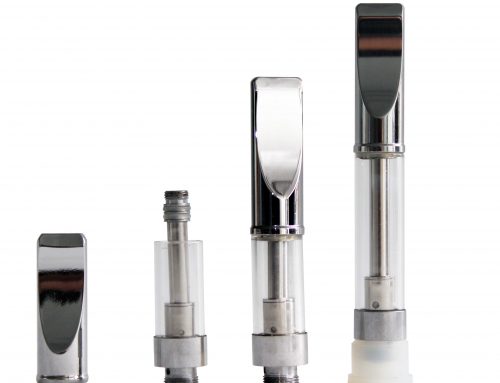Unveiling the Potential Side Effects of Vaping THC Oil: What You Should Know
Are there any side effects of vaping THC oil? This is an important question to address for individuals considering the use of THC oil through vaping. As the popularity of THC continues to grow, it is crucial to have a comprehensive understanding of both the potential benefits and risks associated with its consumption. In this detailed article, we will delve into the potential side effects of vaping THC oil, shedding light on important considerations for individuals who are interested in incorporating THC into their wellness routine.
Vaping has become a common method of THC administration due to its efficiency and quick onset of effects. However, it is essential to recognize that any substance introduced into the body can have both positive and negative effects. While THC is known for its psychoactive properties, there are potential side effects and risks that users need to be aware of.
One of the main concerns associated with vaping THC oil is the impact it may have on the respiratory system. Vaping involves inhaling vaporized substances, which can potentially irritate the lungs and airways. Some individuals may experience coughing, shortness of breath, or throat irritation after vaping THC oil. It is important to note that these adverse effects are typically mild and temporary.
Research on the long-term effects of vaping THC oil is still limited. However, some studies suggest that excessive vaping may lead to respiratory inflammation and potential damage to the lungs. While these findings are not conclusive, it is crucial to exercise caution and moderation when using THC oil for vaping.
Dosage plays a significant role in mitigating potential side effects associated with vaping THC oil. Start with a low dosage and allow your body to adjust to the psychoactive effects of THC. Gradually increase the dosage as needed, ensuring that you don’t exceed your tolerance level. It is essential to note that individual sensitivity to THC can vary, so finding the right dosage that provides optimal effects while minimizing potential side effects is key.
Quality assurance is another critical factor to consider when vaping THC oil. To ensure a safer vaping experience, it is important to choose products from reputable manufacturers. Opt for THC oil that has undergone third-party testing for purity, potency, and the absence of harmful contaminants. By selecting high-quality THC oil, you can minimize the potential risks associated with vaping.
Individual experiences with vaping THC oil may vary. While some individuals report positive effects and minimal side effects, others may experience more significant adverse reactions. Factors such as individual tolerance, pre-existing health conditions, and interactions with other medications can influence the body’s response to THC oil.
To assess potential side effects and determine the most suitable THC dosage and administration method for your needs, start with a low dosage and monitor your body’s response. Pay attention to changes in mood, cognition, heart rate, appetite, and overall well-being. Keep a journal to track your experiences and discuss your observations with a medical professional or THC specialist.
In conclusion, while THC oil can provide psychoactive effects, there can be potential side effects associated with vaping it. The respiratory system is particularly vulnerable to irritation and inflammation from vaping. Starting with a low dosage, choosing high-quality products, and monitoring your body’s response are crucial steps to minimize any adverse effects. As with any health-related decision, consulting with a medical professional is advisable, especially if you have pre-existing health conditions or are taking medications that may interact with THC oil. With careful consideration, THC oil can be incorporated into a wellness routine to potentially enjoy its therapeutic benefits while minimizing the risk of side effects.


